
Back Pain, Pain On The Side
Kidney stones may not cause any symptoms initially. When the stone begins to move or pass into the ureter through which urine is emptied into the bladder, it can cause symptoms. The most common symptom of kidney stones is severe back pain and pain on the side, directly below the ribs. The back pain can fluctuate, coming and going in waves with varying degrees of intensity ranging from mild pain to excruciating pain. The back pain and pain on the side can worsen with movement or depending on the movement of the stone in the urinary tract. The pain may radiate to the testes in men.
- Important notification about information and brand names used in this slideshow!
- Photo courtesy of Robert Veen by Flickr : www.flickr.com/photos/robertvee/2038562003/
- www.mayoclinic.com/health/kidney-stones/DS00282/DSECTION=symptoms
- http://www.webmd.com/kidney-stones/understanding-kidney-stones-symptoms
- http://kidney.niddk.nih.gov/kudiseases/pubs/stonesadults/#symptoms
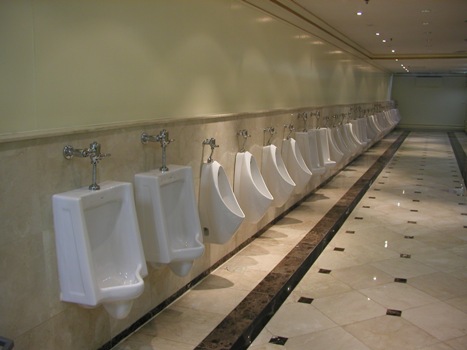
Urination Pain, Blood In Urine, Smelling Urine
As we discussed earlier, sometimes kidney stones do not present with any distinct symptoms, and are tiny enough to pass outside with urine. Symptoms can include painful urination, blood in the urine, and foul-smelling urine. A burning sensation during urination or painful urination is a classic symptom of kidney stones. The pain usually goes away when the kidney stone passes outside. Blood in the urine or hematuria can occur due to bleeding anywhere along the urinary tract. Kidney stones can rub against the kidney lining or ureter lining and cause bleeding, which will appear in the urine. The presence of kidney stones can result in foul-smelling urine due to the concentration of minerals and other substances present in the urine. The foul smell of urine may disappear when the urine concentration returns to normal after passing the kidney stones.
- Important notification about information and brand names used in this slideshow!
- Photo courtesy of thanate191 by sxc.hu : www.sxc.hu/photo/953753
- www.mayoclinic.com/health/kidney-stones/DS00282/DSECTION=symptoms
- http://www.bupa.co.uk/individuals/health-information/directory/k/kidney-stones
- http://www.georgetownuniversityhospital.org/body.cfm?id=557963
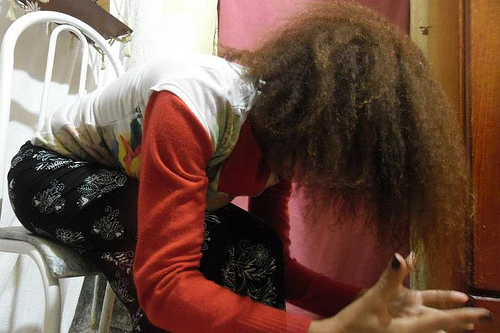
Nausea And Vomiting
Nausea and vomiting are often symptoms of kidney stones, but disguised due to bloating and often mistaken for gastrointestinal problems. The nauseous sensations usually appears in waves or in a cyclical fashion lasting 20 to 60 minutes. This occurs due to the peristaltic movements of the ureter as it tries to expel the kidney stone outside. There is an embryological link between the urinary system, genital system, and the gastrointestinal system that triggers nausea and vomiting when kidney stones are present. Some people with kidney stones may not experience nausea and vomiting if the kidney stone is not moving and not causing peristaltic movements of the ureter.
- Important notification about information and brand names used in this slideshow!
- Photo courtesy of Lilia Reis by Flickr : www.flickr.com/photos/liliareis/7668328684/
- www.mayoclinic.com/health/kidney-stones/DS00282/DSECTION=symptoms
- http://kidney.niddk.nih.gov/kudiseases/pubs/stonesadults/#symptoms
- http://www.bupa.co.uk/individuals/health-information/directory/k/kidney-stones#textBlock253265
- http://en.wikipedia.org/wiki/Kidney_stone
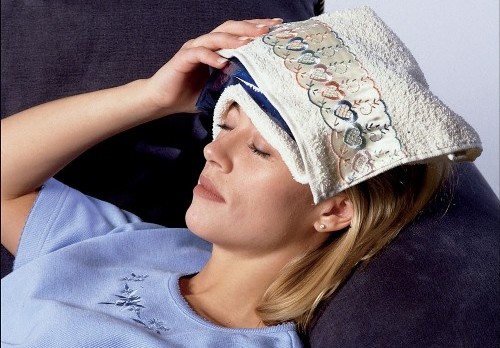
Fever And Chills
Symptoms of kidney stones include fever and chills, which often indicates the presence of an infectious process in the body. An infection requires immediate medical attention, as this can be a life-threatening emergency. The kidney functions as a blood filtering system, and when the filtration system is blocked due to the presence of bacteria in the kidney, the bacteria can move into the blood stream spiking a fever in most cases. In frail people, sepsis can set in due to infection and if not treated in a timely fashion, this can result in death in extreme cases. The fever and chills will not go away without medical attention, and therefore, it is important to treat the condition immediately before it worsens.
- Important notification about information and brand names used in this slideshow!
- Photo courtesy of notepadcorner by Photobucket : media.photobucket.com/user/notepadcorner/media/Fit%20and%20Sound/coldcompressobusformecom_zpse1b58210.jpg.html?filters[term]=cold&filters[primary]=images&sort=1&o=113
- www.mayoclinic.com/health/kidney-stones/DS00282/DSECTION=symptoms
- http://www.healtheast.org/kidney-stone-institute/is-it-an-emergency.html
- http://www.georgetownuniversityhospital.org/body.cfm?id=557963
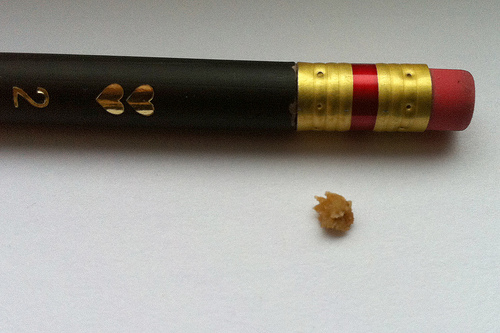
How Kidney Stones Are Formed
Kidney stones (renal calculus or nephrolithiasis) are hard mineral deposits that form inside the kidney from substances that are present in the urine. The stones can aggregate in any part of the urinary tract. Although the kidney stones cause no permanent harm, passing the stones can be very painful. Kidney stones are normally seen in men. The size of kidney stones can vary from the size of a grain of sand to a large-sized pearl. Most often, the stones will pass with drinking lots of water, however, in extreme cases surgical intervention may be necessary. The most commonly seen kidney stone consists of calcium oxalate. People who take calcium supplements regularly are considered at risk for developing kidney stones. Dietary calcium does not seem to cause kidney stones. High dietary sodium intake may increase the chances of developing kidney stones. Diets rich in animal protein contain acidic metabolites that acidifies the urine and triggers formation of kidney stones.
- Important notification about information and brand names used in this slideshow!
- Photo courtesy of Emily Cohen by Flickr : www.flickr.com/photos/joel-and-em/7203205836/
- en.wikipedia.org/wiki/Kidney_stone
- http://www.nlm.nih.gov/medlineplus/kidneystones.html
- Photo courtesy of dfaulder by Flickr : www.flickr.com/photos/dfaulder/5507761503/
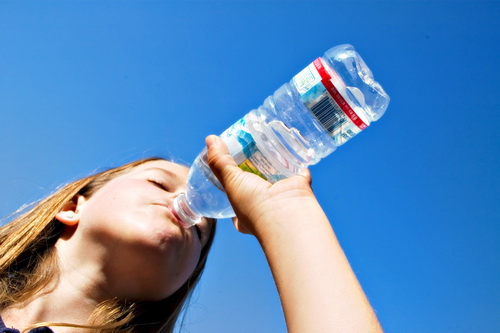
Drink A Lot Of Water
When you present with symptoms of kidney stones, your physician may ask you to wait for a day and see if the stone will pass out with the urine. If you are sent home, you may be advised to drink plenty of water to increase your urine output. You must drink enough water to make your urine colorless. If the urine is yellowish or brownish, it is an indication that your water intake is insufficient. Drinking sufficient water is recommended to prevent the formation of kidney stones. A steady supply of water allows the kidneys to filter the waste products and convert into urine, taking along minerals and other substances that can accumulate and cause kidney stones.
- Important notification about information and brand names used in this slideshow!
- Photo courtesy of criswatk by sxc : www.sxc.hu/photo/302302
- www.nhs.uk/Conditions/Kidney-stones/Pages/Treatment.aspx
- http://www.mayoclinic.com/health/kidney-stones/DS00282/DSECTION=treatments-and-drugs
- http://www.webmd.com/kidney-stones/kidney-stones-home-treatment
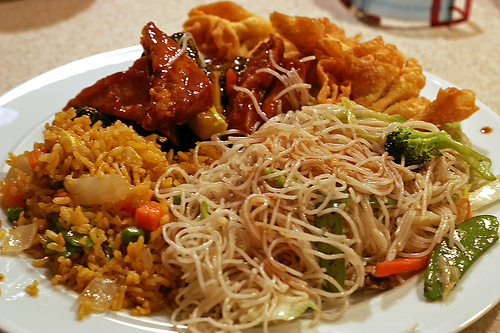
Reduce Sodium Intake
The kidney's filtration system filters the blood removing excess water. The process requires a balance of sodium and potassium to draw the water from the bloodstream. A sodium-rich diet will shift the balance and reduce the kidney function resulting in the removal of less water causing high blood pressure. The excessive strain on the kidneys can lead to kidney disease. Due to removal of less water, the excretion of substances and minerals is incomplete which can result in kidney stones. A high-salt diet can increase the amount of urinary calcium, thereby increasing chances of kidney stone formation. Therefore, a low-sodium diet is beneficial for people who are at risk of developing kidney stones and associated complications. It is best to avoid processed foods as they are usually high in sodium content.
- Important notification about information and brand names used in this slideshow!
- Photo courtesy of Jeremy Noble by Flickr : www.flickr.com/photos/uberculture/3261586053/
- kidney.niddk.nih.gov/KUDiseases/pubs/stonesadults/index.aspx#prevented
- http://www.worldactiononsalt.com/salthealth/factsheets/kidney/
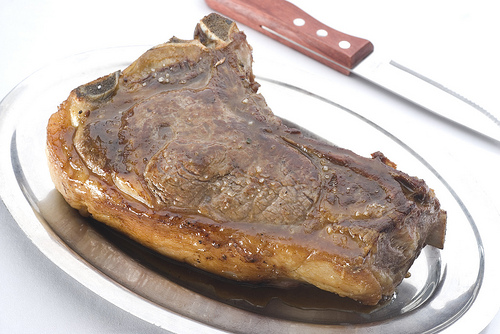
Reduce Animal Proteins (Eggs, Fish, Meat)
A well-balanced diet is helpful in preventing kidney stones, and by making reasonable changes to our eating habits, we can eliminate the formation of kidney stones. It is advised to limit the animal protein intake from eggs, fish, and meat to approximately three ounces, with a maximum of six ounces per day. High consumption of dietary protein is linked to increased calcium concentration in the urine. An association has been reported between meat consumption and uric acid and calcium stone formation in the urinary tract. It can also lead to low levels of citrate in urine, which triggers calcium oxalate crystallization, and uric acid stones.
- Important notification about information and brand names used in this slideshow!
- Photo courtesy of soyculto by Flickr : www.flickr.com/photos/bodavickyseba/4163284304/
- kidney.niddk.nih.gov/KUDiseases/pubs/stonesadults/index.aspx#treated
- http://www.medscape.com/viewarticle/521368_4
- http://health.usnews.com/health-conditions/urology/kidney-stones/prevention
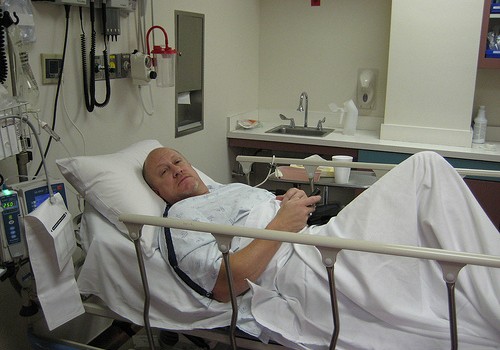
Medical Treatment
Kidney stones may not respond to conservative treatment and sometimes require invasive treatment methods. Small stones can pass through the urinary tract but larger stones cannot pass on their own or cause bleeding or kidney damage. Procedures may include: Shock Wave Lithotripsy or sound waves to break the stones. Surgery to remove bigger stones from the urinary tract by a process called percutaneous nephrolithotomy. Using a scope and removing stones by using special tools. Parathyroid gland surgery in patients with an overactive parathyroid gland that causes calcium stones. In rare cases, open surgery is necessary if no other method is successful to remove the kidney stones.
- Important notification about information and brand names used in this slideshow!
- Photo courtesy of Robbie Wagner by Flickr : www.flickr.com/photos/robbiew/4274873725/
- www.mayoclinic.com/health/kidney-stones/DS00282/DSECTION=treatments-and-drugs
- http://www.nlm.nih.gov/medlineplus/ency/article/000458.htm
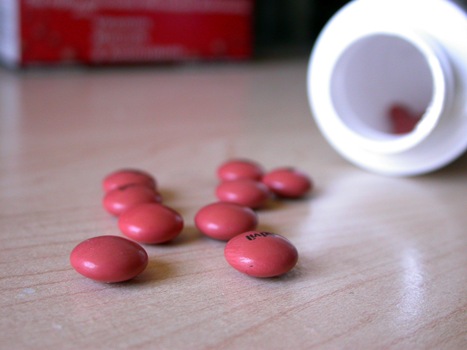
Pain Relievers
To relieve pain due to kidney stones, pain relievers are prescribed. Nonsteroidal anti-inflammatory drugs (NSAID) or opiods are recommended to provide relief. Oral opiod analgesics such as Ibuprofen, acetaminophen, and naproxen sodium are the commonly recommended pain relievers. Some of the medicines are over-the-counter medications, which do not require a prescription from the physician. Most of the pain relievers are taken by mouth. If these medicines are not relieving your pain, your physician may prescribe stronger pain relievers. Oral narcotic analgesics can be addictive if used for more than three to four weeks. Side effects of these medicines can include constipation, drowsiness, nausea, slowed breathing, and vomiting.
- Important notification about information and brand names used in this slideshow!
- Photo courtesy of igowerf by sxc.hu : www.sxc.hu/photo/294177
- www.mayoclinic.com/health/kidney-stones/DS00282/DSECTION=treatments-and-drugs
- http://www.healthcommunities.com/kidney-stones/pain-medications.shtml
- http://www.bupa.co.uk/individuals/health-information/directory/k/kidney-stones?tab=FAQs


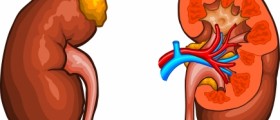
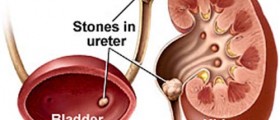

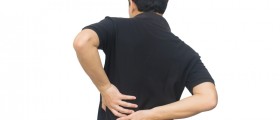




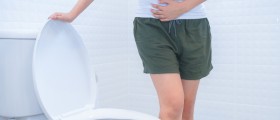
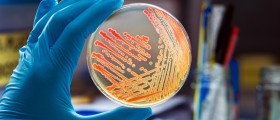
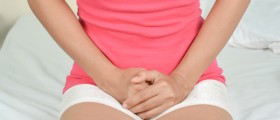
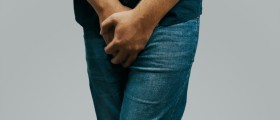



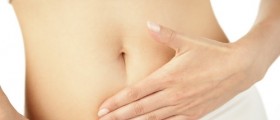
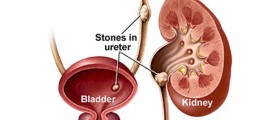
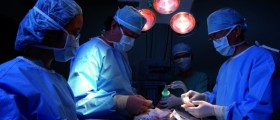
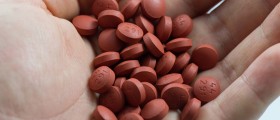
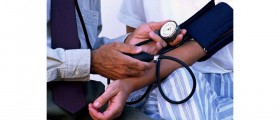


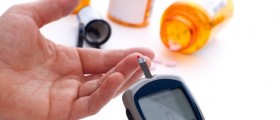
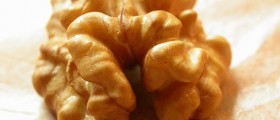

Your thoughts on this
Loading...